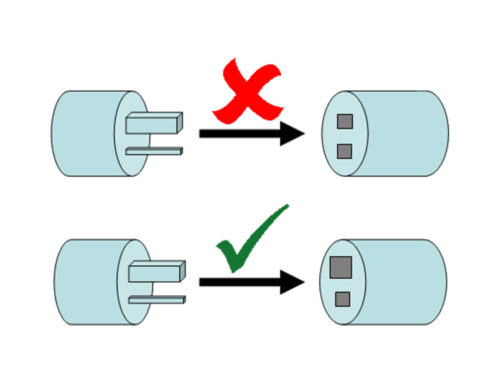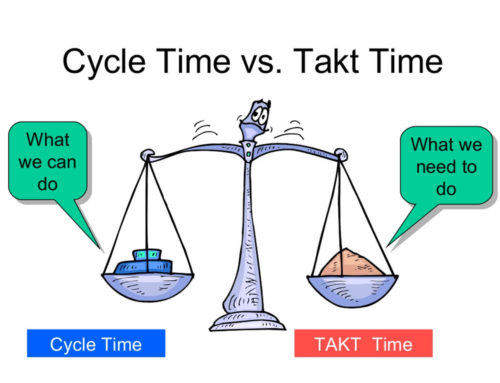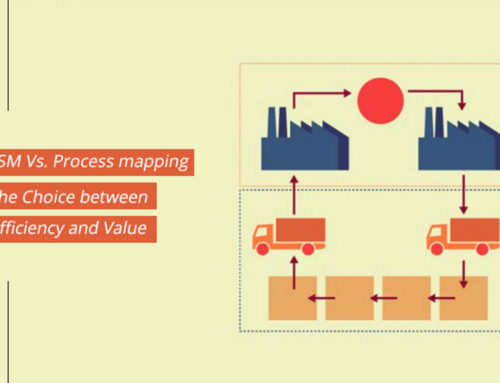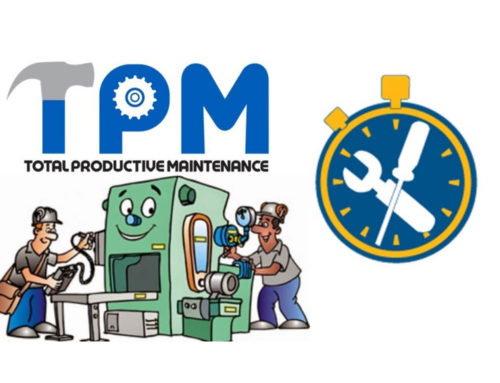The leading factor in any food production is to ensure that food provided for human consumption is credible and hygienic. Consumers require high quality and healthy food. Therefore, food officials must provide fresh, nutritious, and safe products.
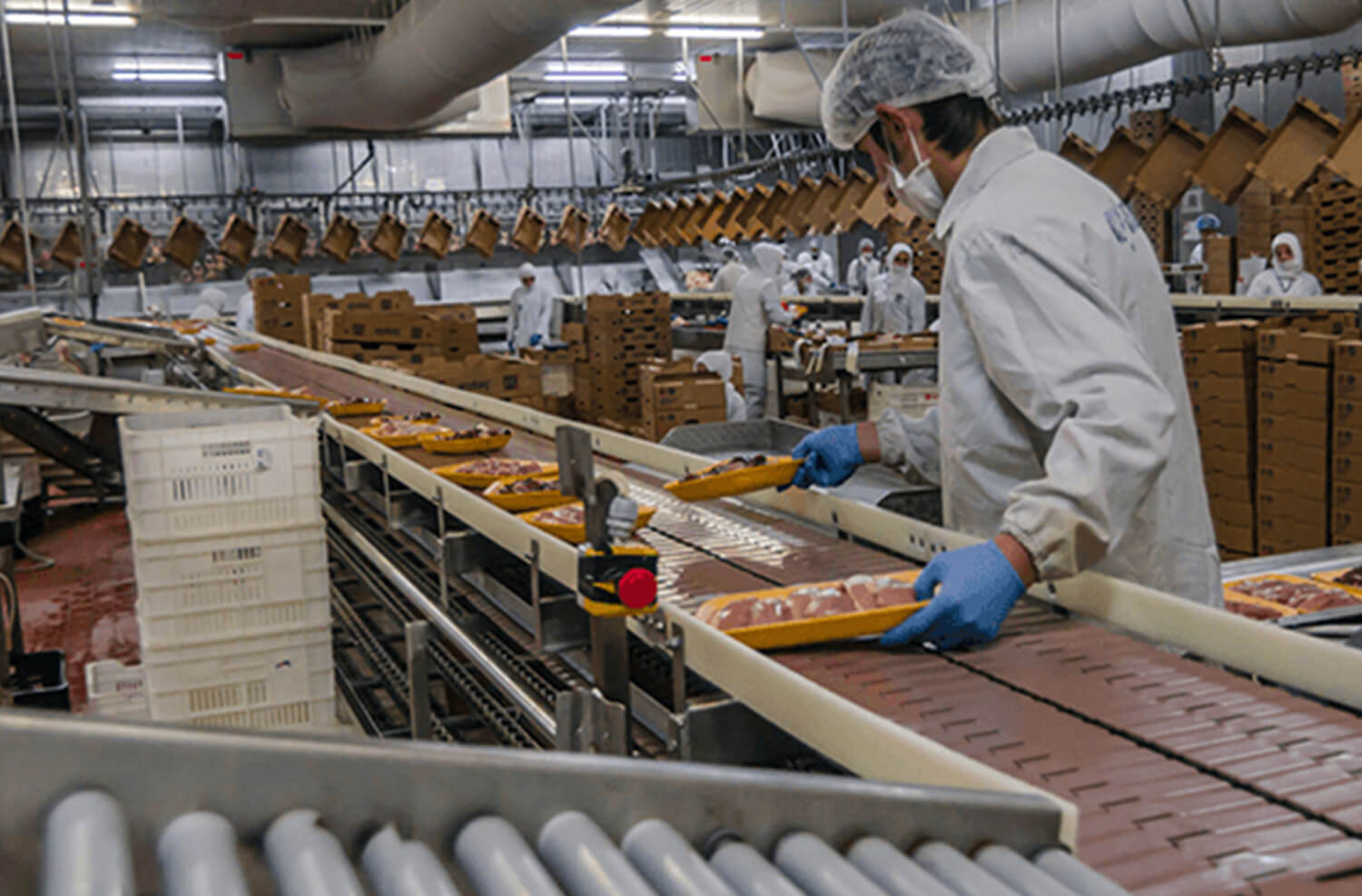 The food and beverage that are being manufactured in the factory are at significant risk of contamination. Therefore, constancy and devotion to proper hygiene and sanitization standards are crucial to resist contamination at this stage of processing.
The food and beverage that are being manufactured in the factory are at significant risk of contamination. Therefore, constancy and devotion to proper hygiene and sanitization standards are crucial to resist contamination at this stage of processing.
Importance of Food Hygiene
The food safety managers keep HACCP the center of control for food hazards. HACCP principles are widely accepted all over the world. It is the most crucial and effective system that reduces the risk of safety hazards, storage, preparation, and food manufacture. The seven principles of HACCP are:
- Hazard Analysis: To identify the potential hazards in the food
- Critical Control Points: To outline the essential steps for hazard control
- Critical Limits: this identifies the minimum and maximum limit of control point
- Procedures: design and implementation system
- Critical Control Monitoring: implementation of control monitoring
- Corrective Action: Improve the hazards and analysis of the implementation effectiveness
- Record keeping: Recordkeeping and review of the food manufacturing procedure.
A company must move through a regulatory action if there are issues within the sanitation program. However, the sanitization process goes beyond regulatory action. Therefore, this is a useful program that impacts consumers’ safety and should be implied for the following reasons.
Food safety is crucial for both financial and ethical matters. The consequences of failing the food safety standard are diverse. Inadequate food safety causes significant loss of human health and public relations crises. Thus, It must be the manufacturer’s topmost priority to provide the food in its perfect condition to the consumer.
Food Recalls
If the food safety manager fails to implement a productive safety protocol, it may lead to contaminated food products. Consequently, the food manufacturer will be subject to dramatic disruptions in the cost of product recalls if the defective or unhygienic product is discovered. Thus, the company’s financial position needs to maintain food quality and keep the factory sanitized to prevent bacteria’s food.
Human Health and Life
Unhygienic food causes problems in human life and is a leading cause of more than 200 diseases worldwide. Moreover, one in ten people each year experiences and suffer from foodborne illness. Furthermore, as a result of eating contaminated food, about 420,000 people die every year worldwide. Most of these victims are children.
Furthermore, the World Health Organization stated that food safety, nutrition, and food security are inextricably linked. Therefore, every food manufacturer must consider this crucial aspect of food production. Hence, the lack of safe and hygienic food will create the following problems:
- A vicious cycle of disease
- Malnutrition
- Overburden public health services
- Disrupt social and economic progress
- Quality of life gets detract
Promotes Positive Workplace Lifestyle
The hygiene practices in the workplace also promote the importance of cleanliness and impact the employees. As a result, this will prevent sickness and allergic reactions and improve employees’ motivation to keep the area around them clean. Therefore, over time this will become a factory-wide attitude and will prevent an unhygienic environment.
Conclusion
The factory’s public image will be well maintained due to the proper cleaning and sanitization process. It will prevent the spread of foodborne pathogens, and many people will be saved from getting sick. Moreover, regular sanitizing will avoid costly recalls.
Therefore, it is the most critical aspect of any food manufacturing company to involve and train their team to maintain cleanliness. Be sure that food handlers are trained in food safety qualifications. This will reduce the risk of food poisoning among the customers and will protect the business reputation. Eventually, the revenue of the manufacturing factor will increase.


